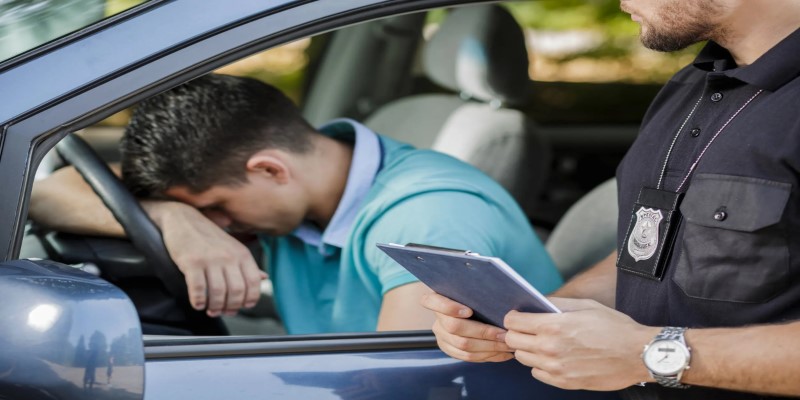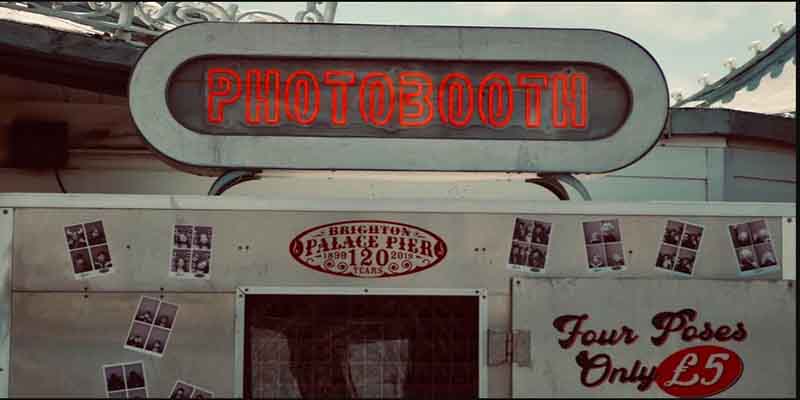Getting a speeding ticket can be stressful and frustrating. It's more than just a fine; it comes with several consequences that can impact your driving record, insurance rates, and even your daily life. Here's a detailed look at what happens when you get a speeding ticket, from the moment you're pulled over to the long-term effects on your driving record.
When you're pulled over for speeding, the police officer will approach your car and ask for your driver's license, registration, and proof of insurance. Theyll typically explain how fast you were going and how it exceeded the speed limit. After this, the officer will issue a speeding ticket, which outlines the details of your violation and the fine you need to pay. This ticket is more than just a piece of paper; it marks the start of dealing with the consequences of speeding.

One of the first things you need to do is decide how to handle the ticket. Most people opt to pay the fine, which can vary depending on how much you exceed the speed limit and the local laws. You usually have the option to pay online, by mail, or in person. It's crucial to pay attention to the payment deadline to avoid late fees or additional penalties. Sometimes, you might also have the option to pay the fine in instalments if it's a significant amount. Paying the fine promptly is the easiest way to resolve the issue and move on.
A speeding ticket often results in points being added to your driving record. The number of points depends on how severe the traffic violation was. For example, going 15 miles over the speed limit might result in more points than going 5 miles over. Accumulating too many points can lead to higher insurance premiums and even the suspension of your license. Each state has its system for points, so it's important to know how it works where you live. Keeping track of your points can help you avoid reaching the threshold for more serious penalties.
Insurance companies regularly check your driving record. When they see a speeding ticket, they often increase your rates because they consider you a higher-risk driver. This increase can last for several years, depending on how serious the violation was and the policies of your insurance company. Its frustrating because even a minor infraction can lead to significant increases in your premium. Some insurers offer accident forgiveness programs, but these are usually for first-time offenders. Comparing different insurance companies and their policies can help you find the best rates even after getting a ticket.
In some areas, you can attend traffic school to remove points from your record or reduce your fine. Traffic school usually involves completing a course on safe driving practices, which can often be done online. This option can be beneficial because it not only helps in reducing points but also refreshes your knowledge of driving laws. Completing traffic school can show your commitment to improving your driving habits, which might help in keeping your insurance rates lower. Check with your local DMV or court to see if you qualify for this option.

Sometimes, you should contest the speeding ticket in court. This involves appearing before a judge and presenting your case. If you win, the ticket may be dismissed, and you won't have to pay the fine or deal with points on your license. However, if you lose, you may have to pay court fees in addition to the ticket fine. Hiring a lawyer can be helpful, especially if the ticket could result in severe penalties. It's a more time-consuming and costly option, but it might be worth it if you believe the ticket was issued unfairly.
A speeding ticket remains on your driving record for a certain number of years, depending on state laws. This can affect your ability to get certain jobs, especially those that require driving. Its essential to know how long the ticket will stay on your record and what steps you can take to minimize its impact. For example, you can attend traffic school or participate in defensive driving courses. Keeping a clean record otherwise can also help mitigate the effects of a single speeding ticket over time. Knowing the rules in your state will help you plan accordingly.
To avoid future tickets, it's crucial to follow traffic laws and speed limits. Pay attention to road signs and be aware of changes in speed limits, especially in school zones and construction areas. Using cruise control on highways helps maintain a consistent speed and prevents unintentional speeding. Regularly checking your speedometer and staying alert to your surroundings can prevent speeding. Also, setting your car's GPS to alert you to speed limits can be a useful tool.
Ignoring a speeding ticket can lead to more severe consequences. Failing to pay the fine or appear in court can result in additional fines, a suspended license, and even an arrest warrant. Its important to address the ticket promptly to avoid these outcomes. If you miss the payment deadline, contact the court immediately to explain your situation and seek an extension if possible. Ignoring the issue wont make it go away; it will only compound the problem. Taking care of the ticket quickly and responsibly is the best way to minimize further legal trouble.
Getting a speeding ticket involves more than just paying a fine. It can lead to points on your license, increased insurance rates, and other long-term consequences. Understanding these implications can help you make informed decisions if you ever find yourself with a speeding ticket. Always follow traffic laws to avoid these issues and maintain a clean driving record. By being proactive and responsible, you can minimize the negative effects of a speeding ticket and become a safer driver in the process.

By Kristina Cappetta/Oct 16, 2024

By Alison Perry/Sep 02, 2024

By Alison Perry/Sep 01, 2024

By Celia Shatzman/Sep 01, 2024

By Paula Miller/Sep 02, 2024

By Rick Novak/Jul 13, 2024

By Christin Shatzman/Sep 02, 2024

By Kristina Cappetta/Sep 02, 2024

By Noa Ensign/Sep 01, 2024

By Triston Martin/Oct 03, 2024

By Martina Wlison/Sep 01, 2024

By Kristina Cappetta/Sep 01, 2024